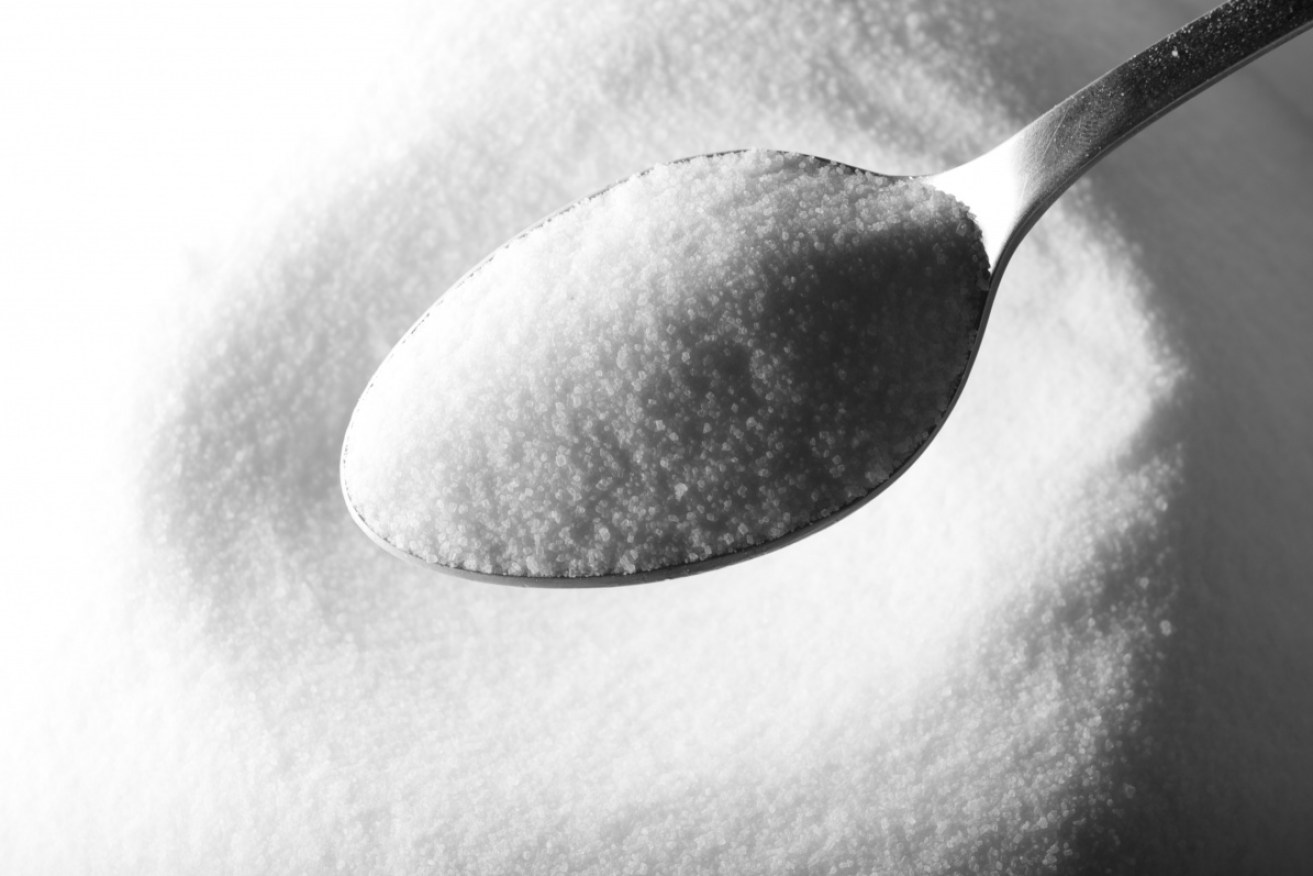Sugar tax could save nation millions and fund dental care, study finds


Over 10 years there would be around 500,000 fewer decayed teeth with a 20 per cent tax on sugar, researchers say. Photo: Getty
A 20 per cent national sugar tax could save Australia more than $60 million over 10 years, increase health equity and prevent more than 500,000 dental cavities, according to new research.
Tan Nguyen, study author and Monash University School of Public Health and Preventive Medicine PhD candidate, said the sugar tax study has taken six years.
“There’s been some modelling work around sugar tax intervention for obesity and at the moment we don’t have a sugar tax in Australia,” he said.
“The modelling is based on a range of different parameters, we use different data inputs into our analysis and we’ve applied what is relevant to the Australian context.”
The study, which was completed in collaboration with Deakin University and the University of Melbourne, found under a lifetime scenario for the current Australian population until death, a sugar tax of 20 per cent would see societal cost savings of $176.6 million, direct healthcare savings of $122.5 million, 1,309,211 fewer decayed teeth and 254.9 years of disability averted.
Mr Nguyen said while there is a general awareness that excessive sugar is not great for health, it is important to establish the effects it has on society.
“The work itself is part of a broader piece of work we’re using to identify a range of interventions that would be most cost effective to implement in Australia,” he said.
“We’ll be looking at those and ranking them in terms of the relative benefits and health benefits as well as cost, so that we know exactly what the best buy-in is, in terms of what interventions are useful for the government to invest in.”
Sugar taxes around the world
More than 50 countries have introduced taxes on sugar-sweetened drinks, and studies have shown they reduce consumption, particularly in poorer households.
Mr Nguyen said a sugar tax promotes health equity and it is something governments should be receptive to.
“We could definitely use the profits to fund public dental care because, at the moment, it isn’t considered in terms of universal coverage,” he said.
“You need to think of the ways we can potentially use the revenue to promote services.”
In the UK, the Soft Drinks Industry Levy that was introduced in 2019 led to reformulation by producers of soft drinks to meet standards and not be taxed, the proportion of high-sugar drinks in supermarkets available dropping and the amount of sugar in drinks being reduced without affecting sales.

A sugar tax in the UK reduced sugar in products without suppressing sales. Photo: ABC
The effects of sugar
Australians, on average, consume about half a kilo of sugar each week, a huge amount more than the World Health Organisation’s recommendation of a maximum of 60g a day.
There are established links between a high-sugar diet and a risk of dying from heart disease, raised blood pressure and increased chronic inflammation.
The vast majority of added sugar, those not found from natural and unavoidable sources, come from soft drinks, energy or sports drinks, grain-based desserts, fruit drinks, dairy desserts and lollies.
While sugar doesn’t directly cause type 2 diabetes, it has been linked to an increased risk because of its negative effects on the liver.








